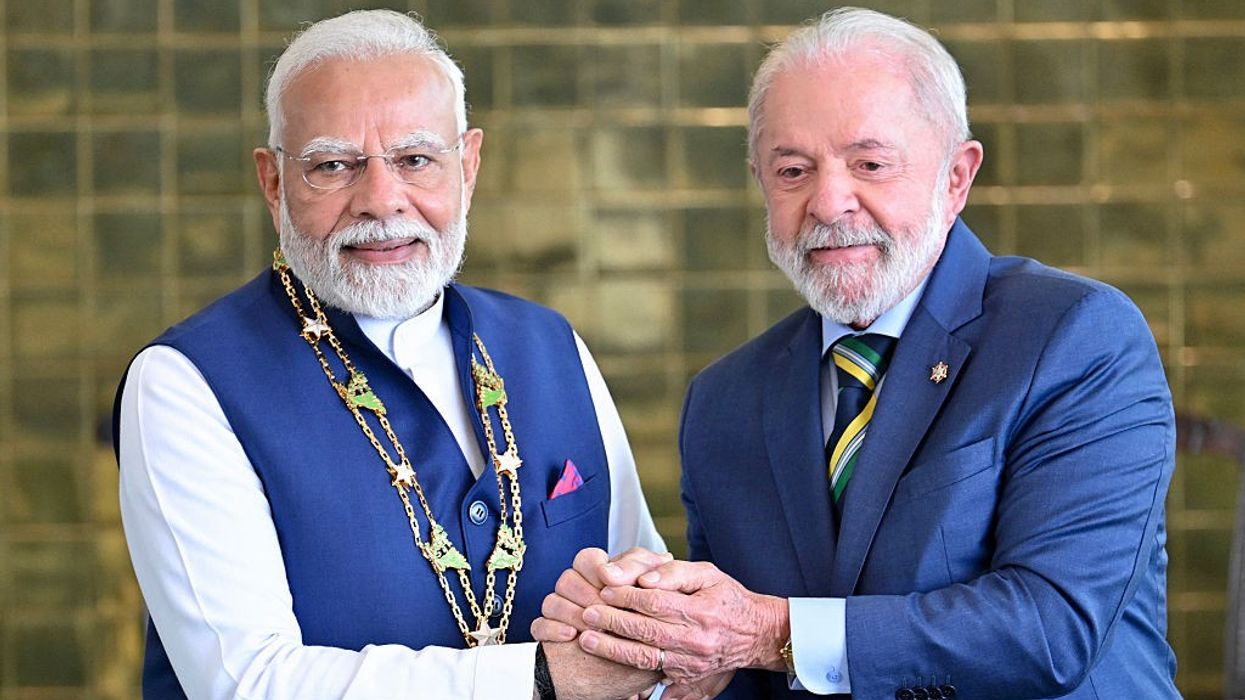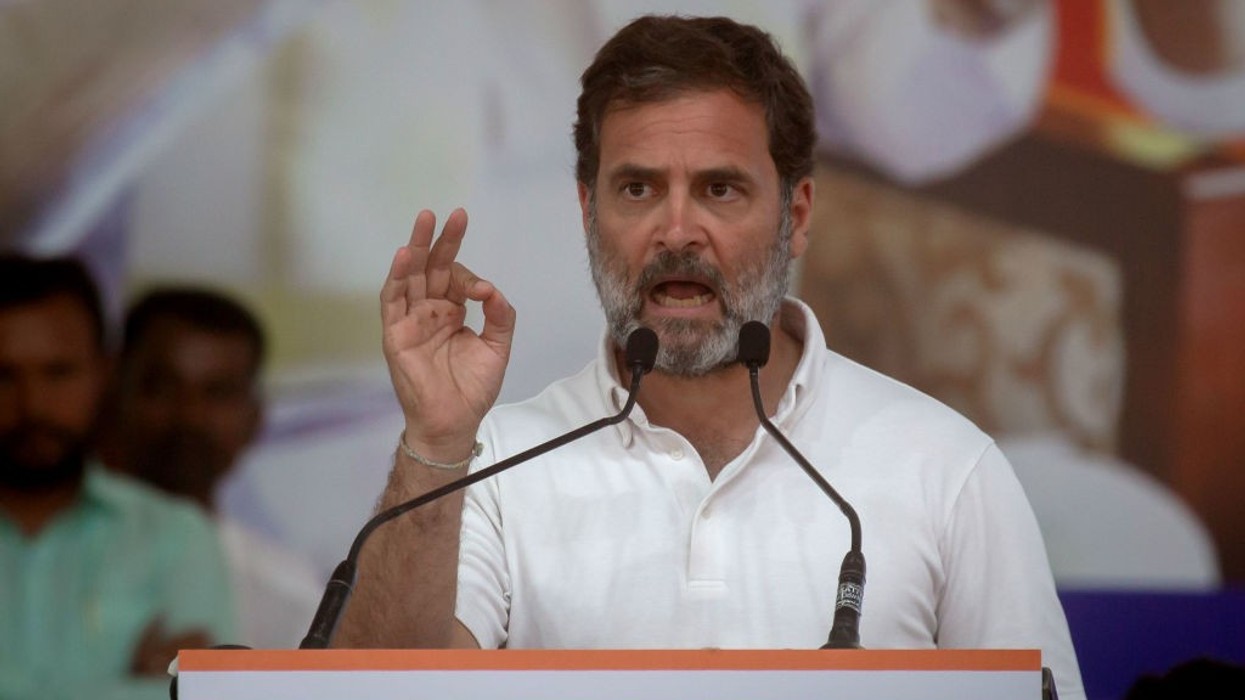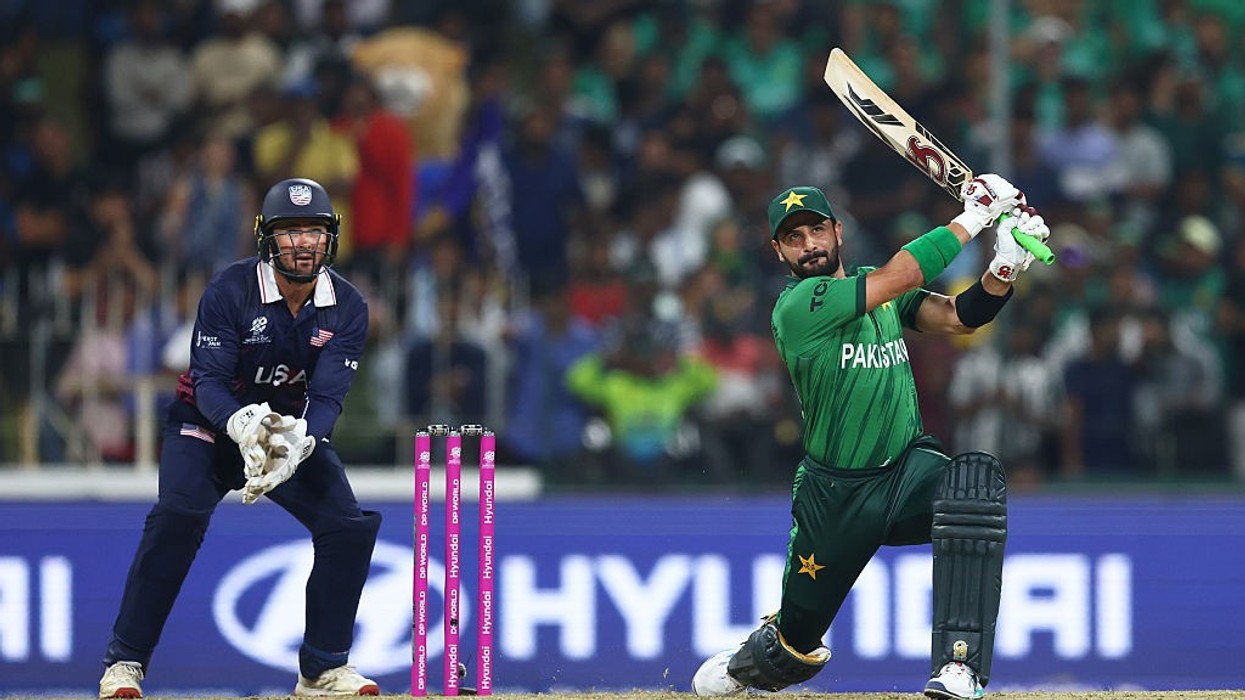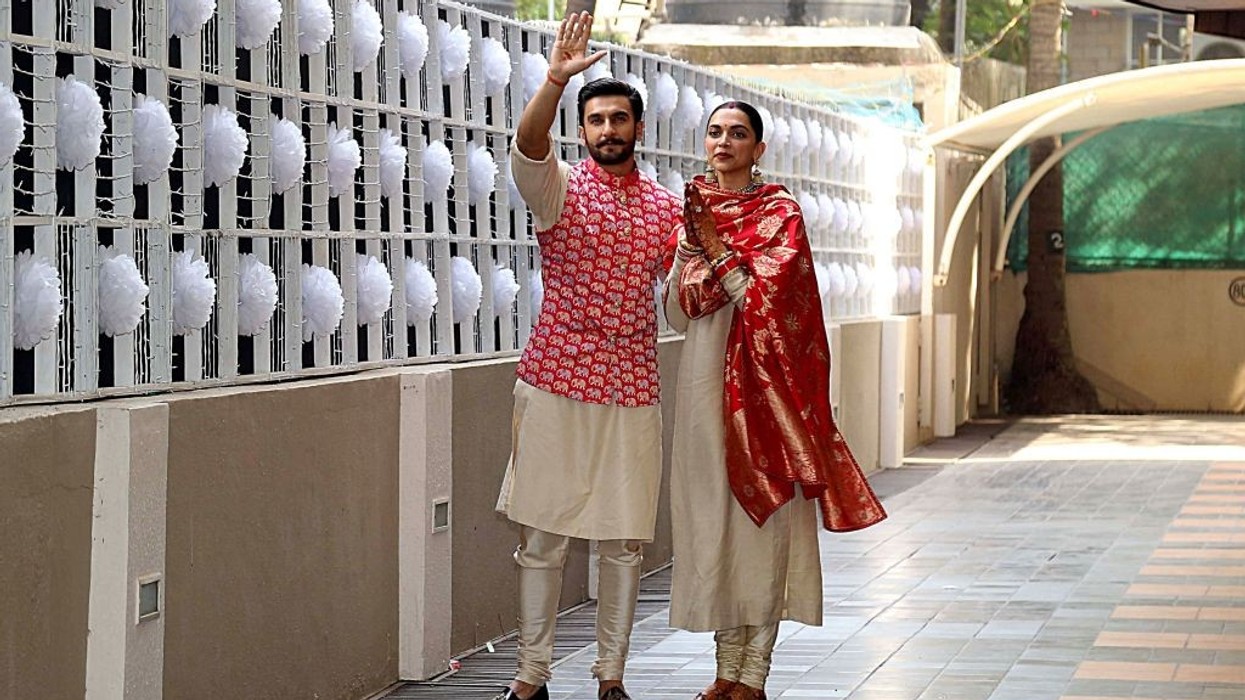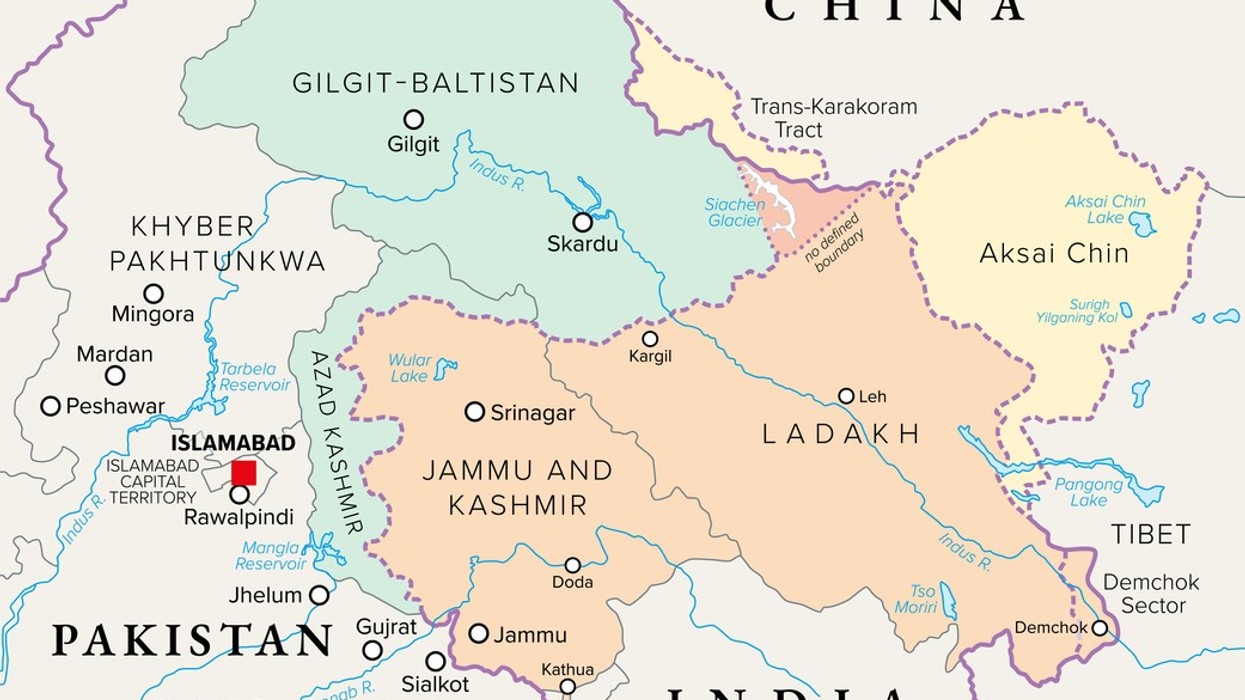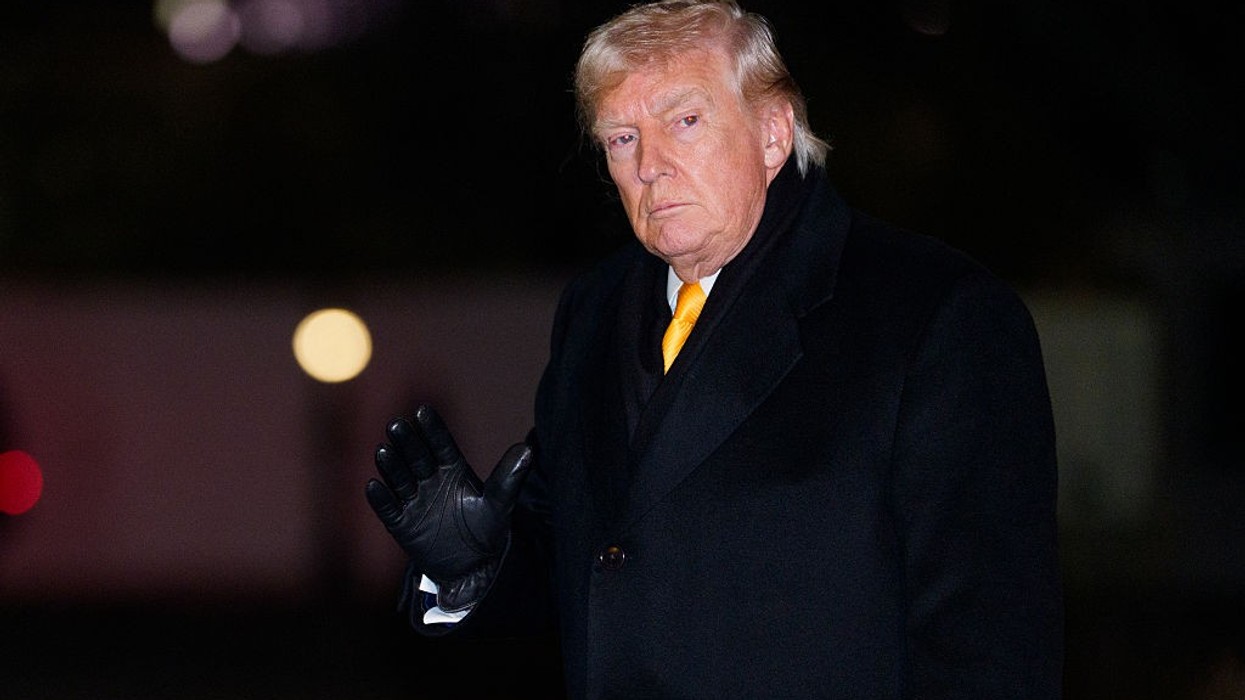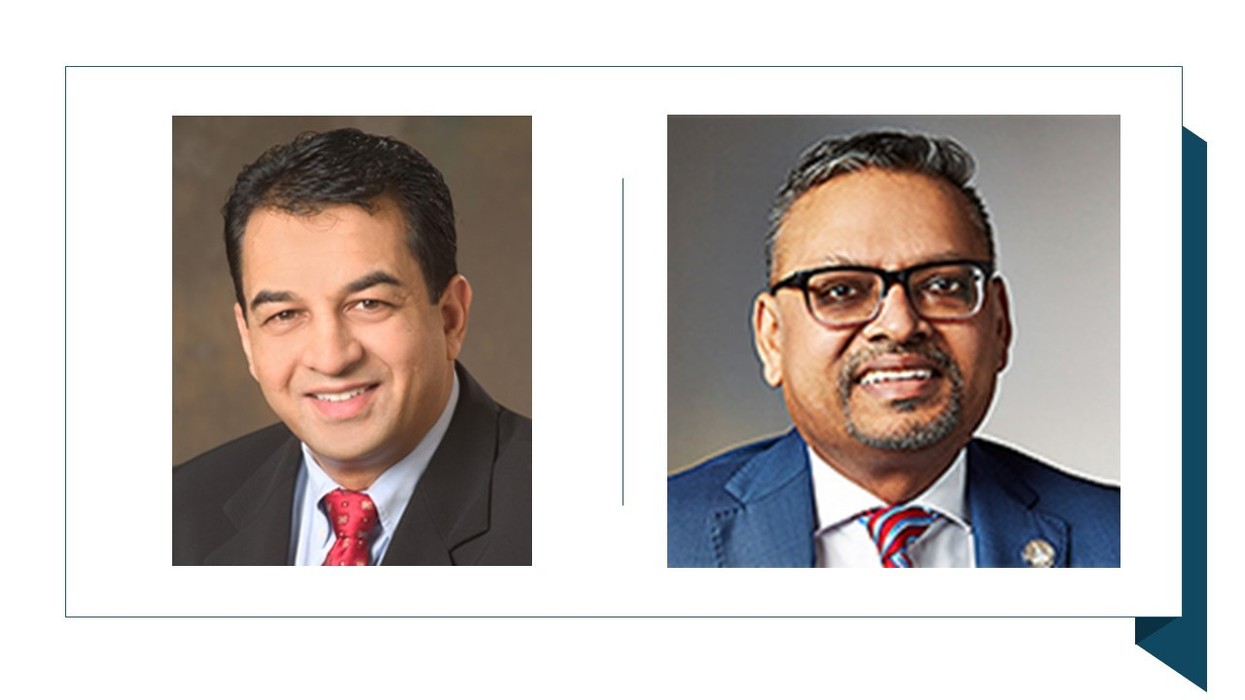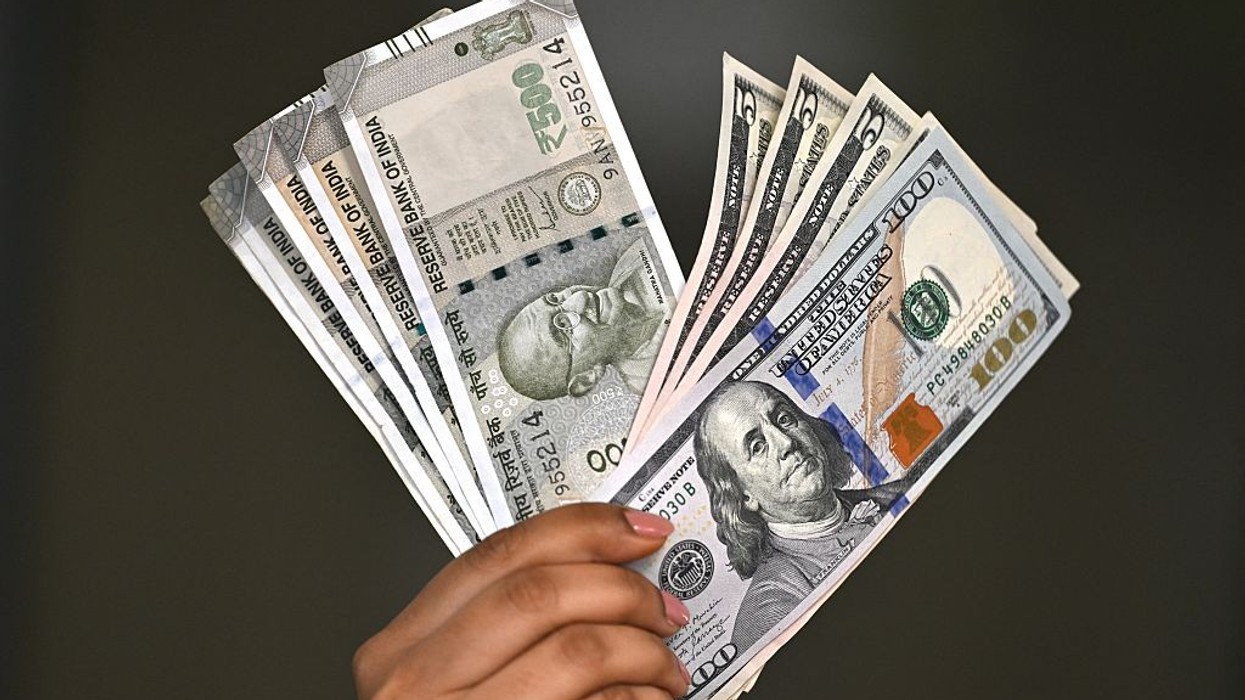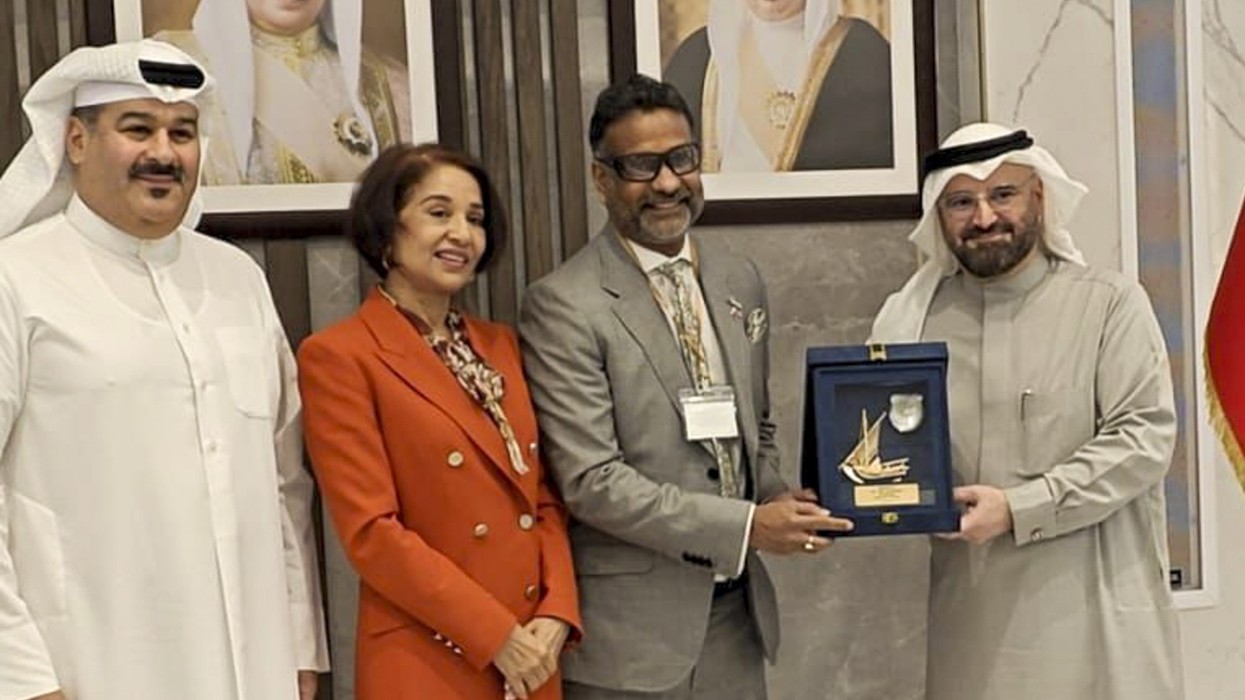India's prime minister Narendra Modi and Brazil's President Luiz Inacio Lula da Silva recently spoke by phone amid the escalating tariff measures imposed by US President Donald Trump on goods from both countries.
Their conversation touched on a broad range of issues, including the controversial tariffs that have intensified trade tensions internationally.
Brazil’s Lula confirmed his plans for a state visit to India in early 2026, signaling a strengthening of bilateral ties even as both nations navigate the economic challenges posed by the US trade policies.
Trump’s tariff blitz and its impact on India and Brazil
The United States has sharply increased duties on Indian and Brazilian exports, with tariffs on Indian goods raised to 50 percent, effective August 28, 2025.
This move came as a penalty for India's ongoing purchase of Russian oil, which the US administration views as undermining sanctions imposed on Moscow due to the Ukraine conflict. Similarly, Brazil faces a 50 percent tariff on many products, tied in part to political tensions surrounding former Brazilian President Jair Bolsonaro.
These measures place India and Brazil among the most heavily tariffed US trading partners, far exceeding rates applied to other large economies like China and Vietnam.
Such high tariffs threaten to make goods from India and Brazil significantly more expensive in the US market, with projections indicating potential export losses of 40 to 50 percent.
Both countries have condemned the tariffs as unfair, unjustified, and harmful, emphasizing that India imports Russian oil due to global supply chain dynamics and energy security needs.
Modi and Lula’s strategic cooperation
Against this backdrop, Modi and Lula reiterated their intent to deepen bilateral trade, aiming to increase their commerce to over $20 billion annually by 2030, up from about $12 billion in 2024.
Their discussions also included expanding trade through the South American Mercosur bloc via preferential agreements and enhancing cooperation on digital and virtual payment platforms.
Lula announced intentions to engage the BRICS nations—which include Brazil, Russia, India, China, and South Africa—in coordinated discussions to counter the impacts of the unilateral US tariffs.
This multilateral approach underscores a shared interest in resisting protectionist trade measures and promoting fairer global trade practices.
Broader geopolitical signals
India’s outreach to Brazil and other BRICS members may be part of a broader strategic recalibration. Modi is preparing for his first visit to China in over seven years, highlighting a potential diplomatic balancing act amid rising tensions with Washington.
This suggests that India is actively seeking to diversify and strengthen its global alliances in response to increasing economic pressures from the US tariffs and other geopolitical factors.
